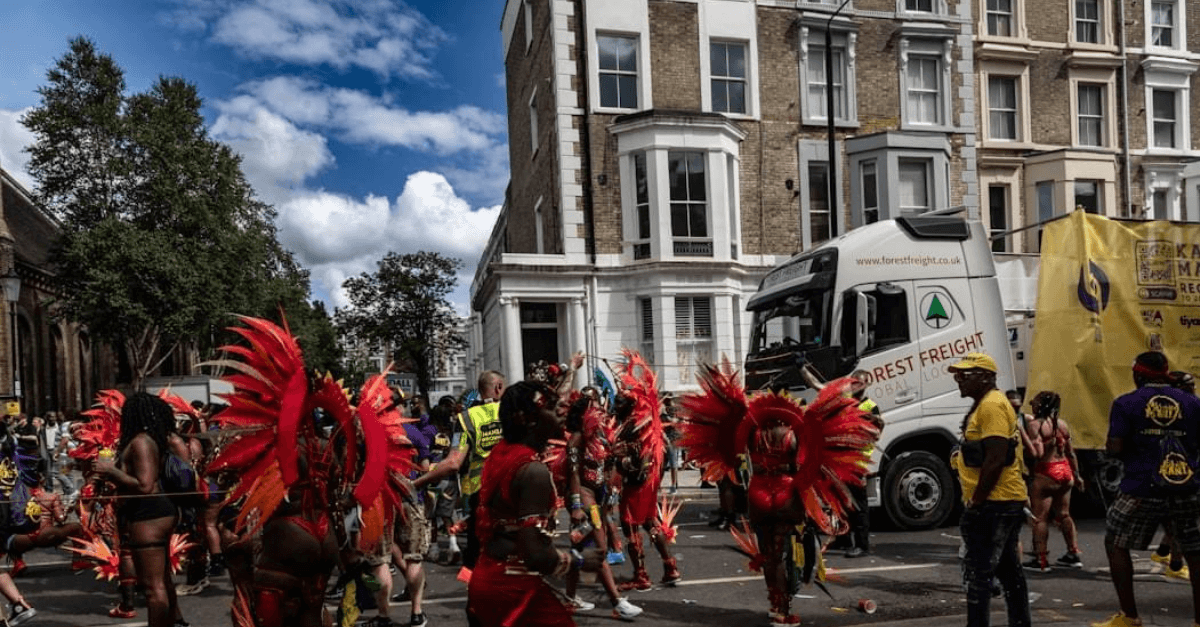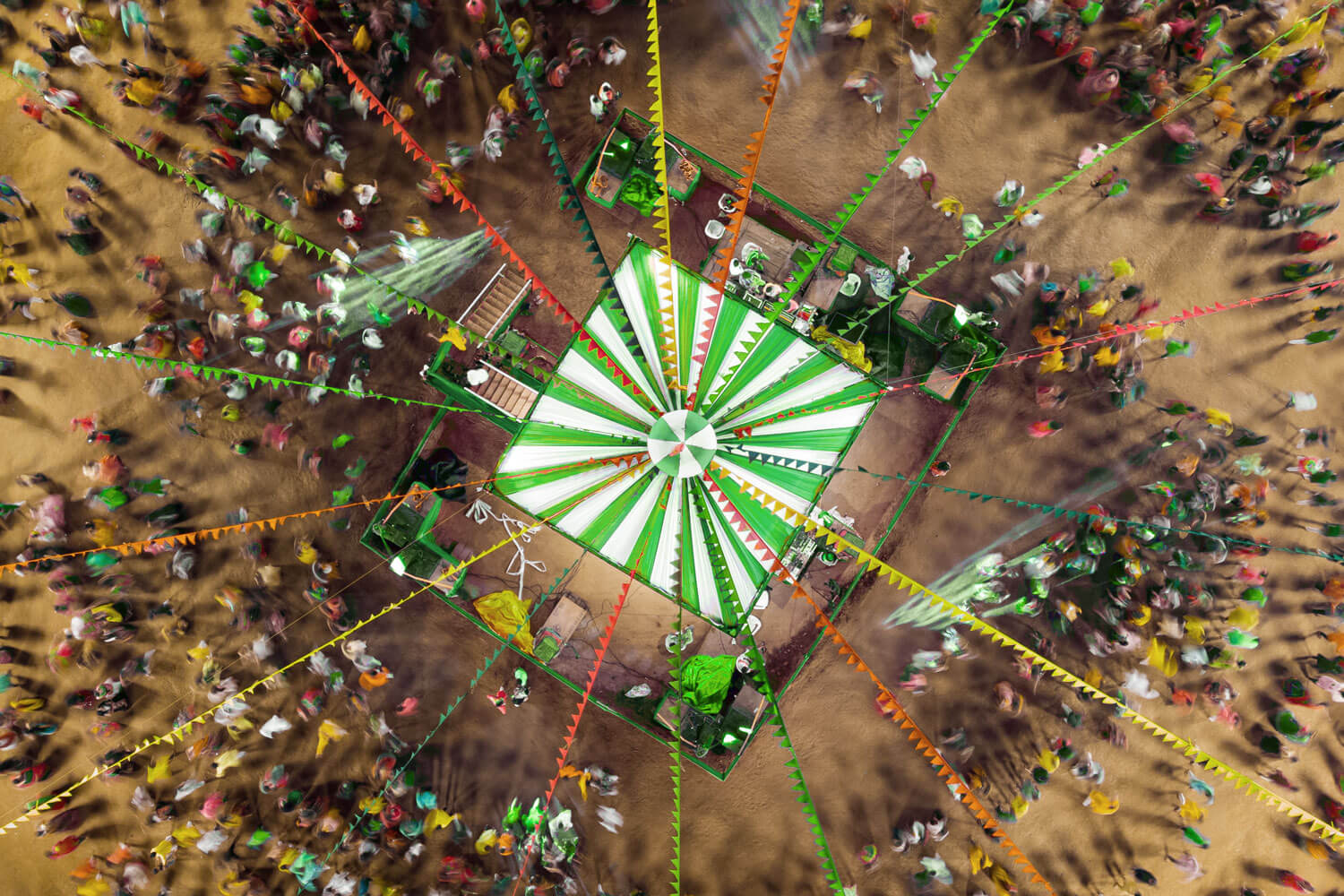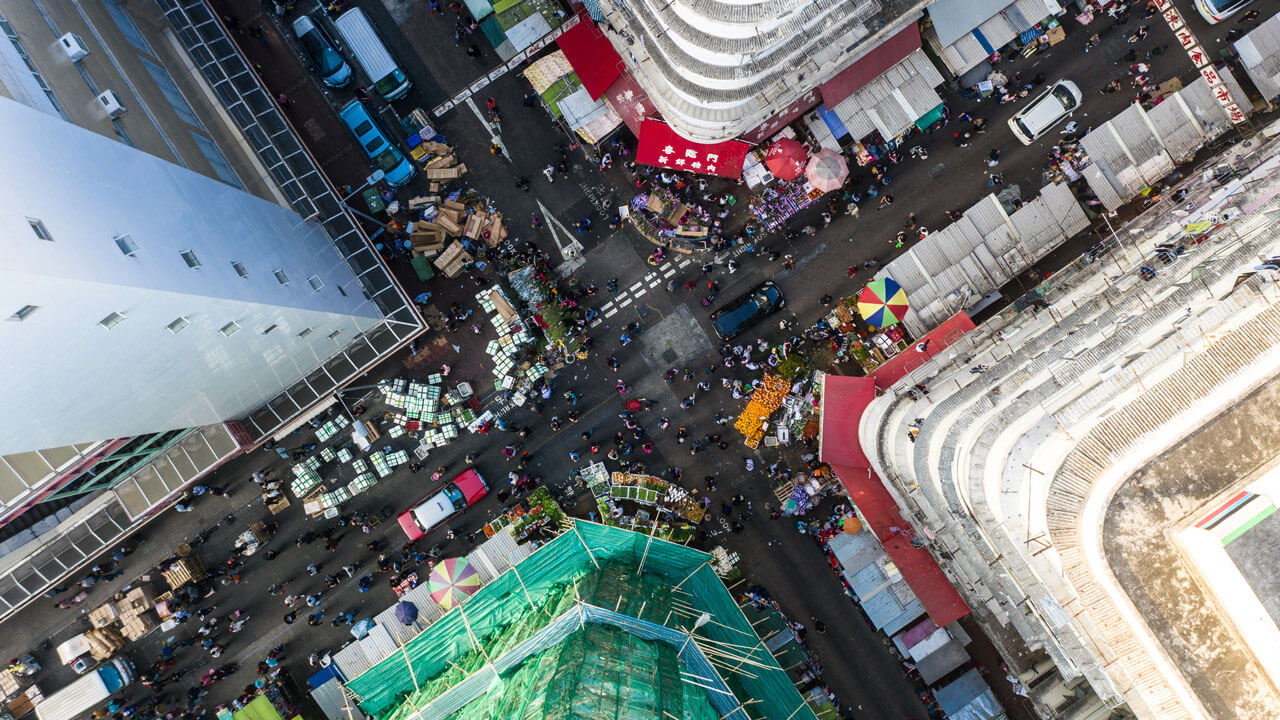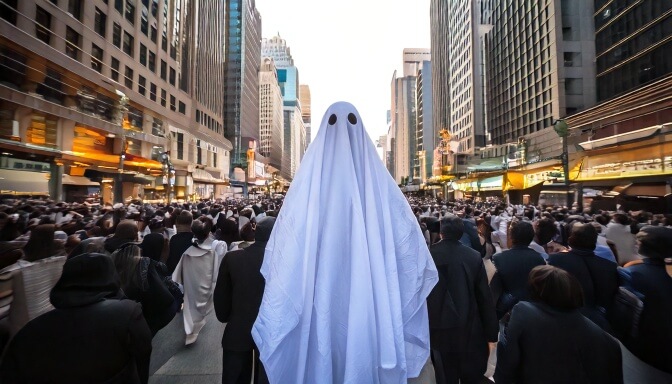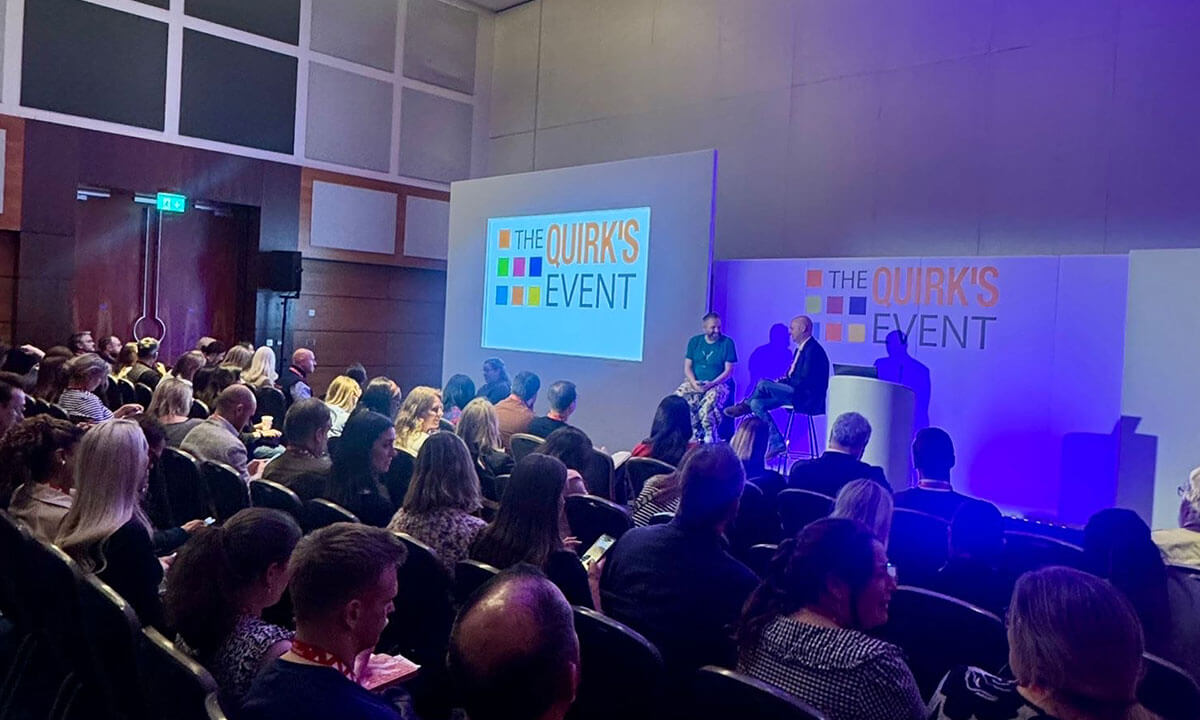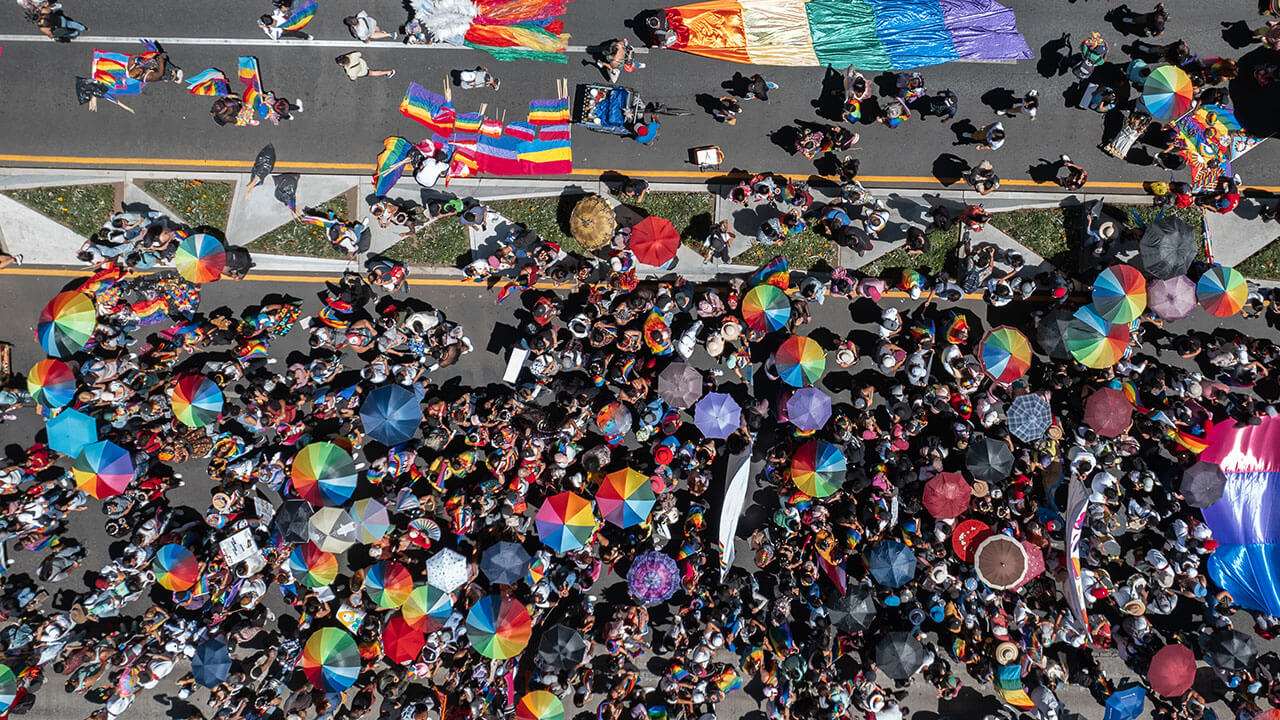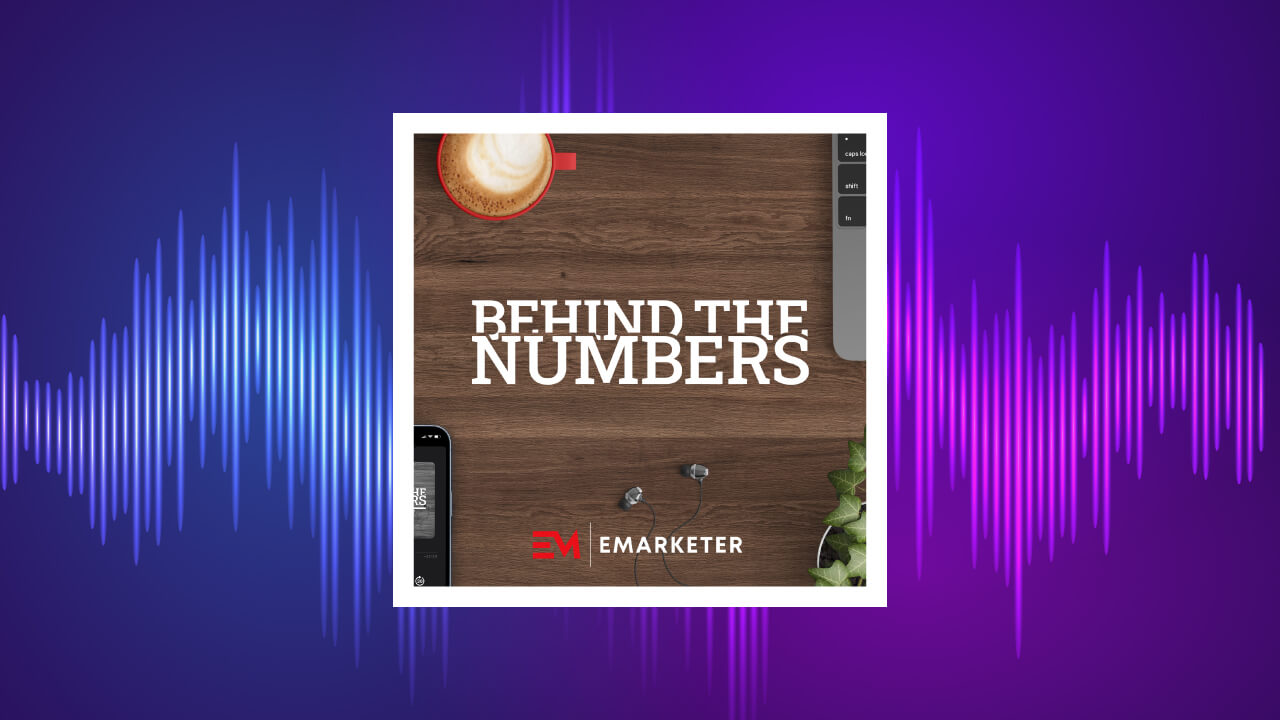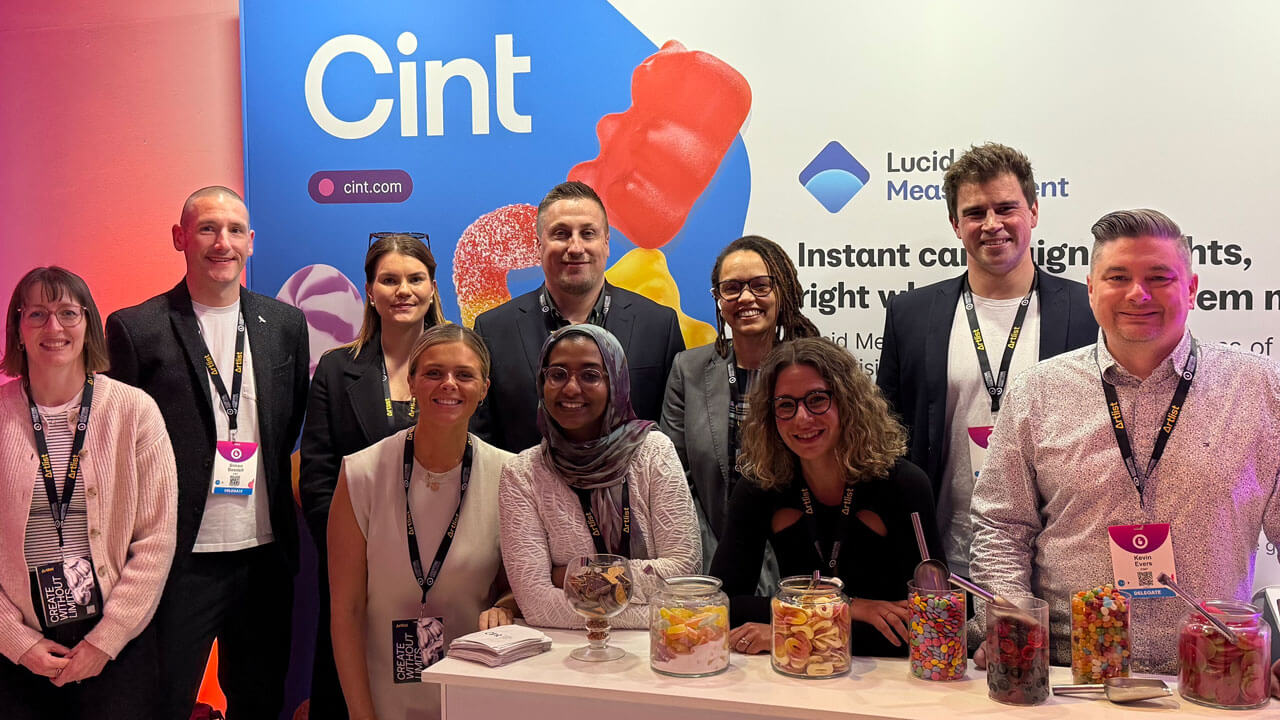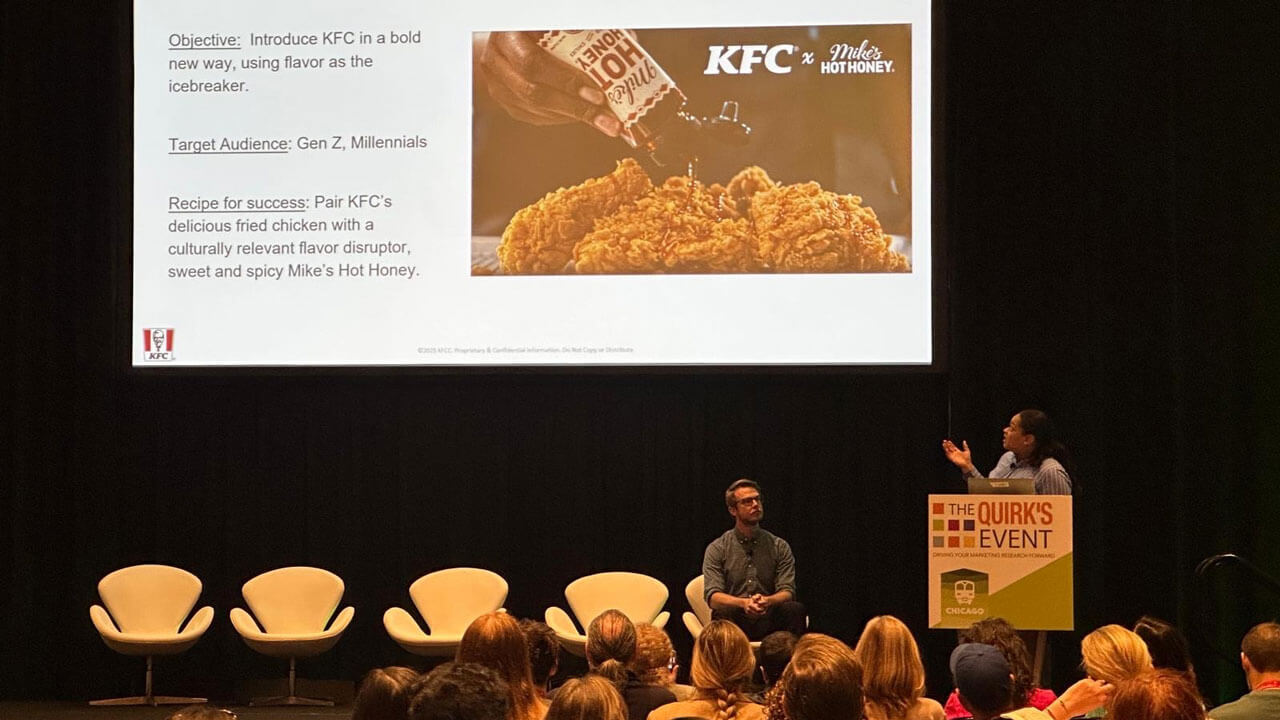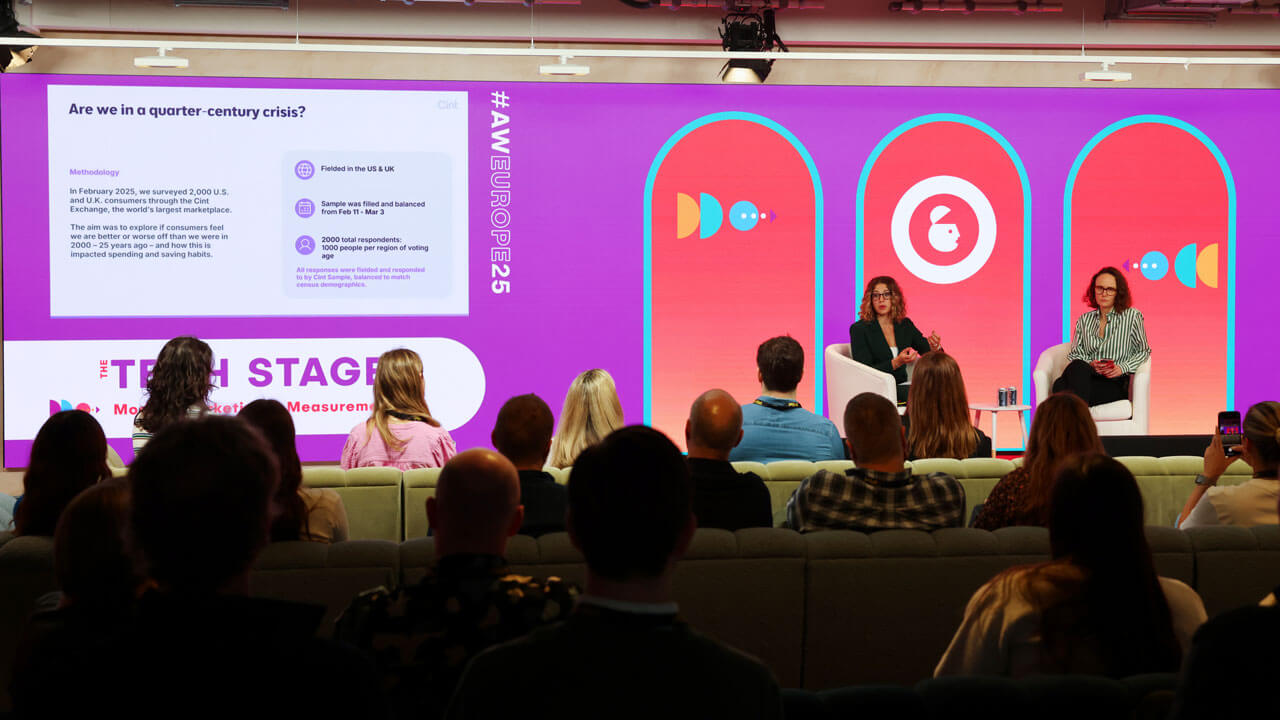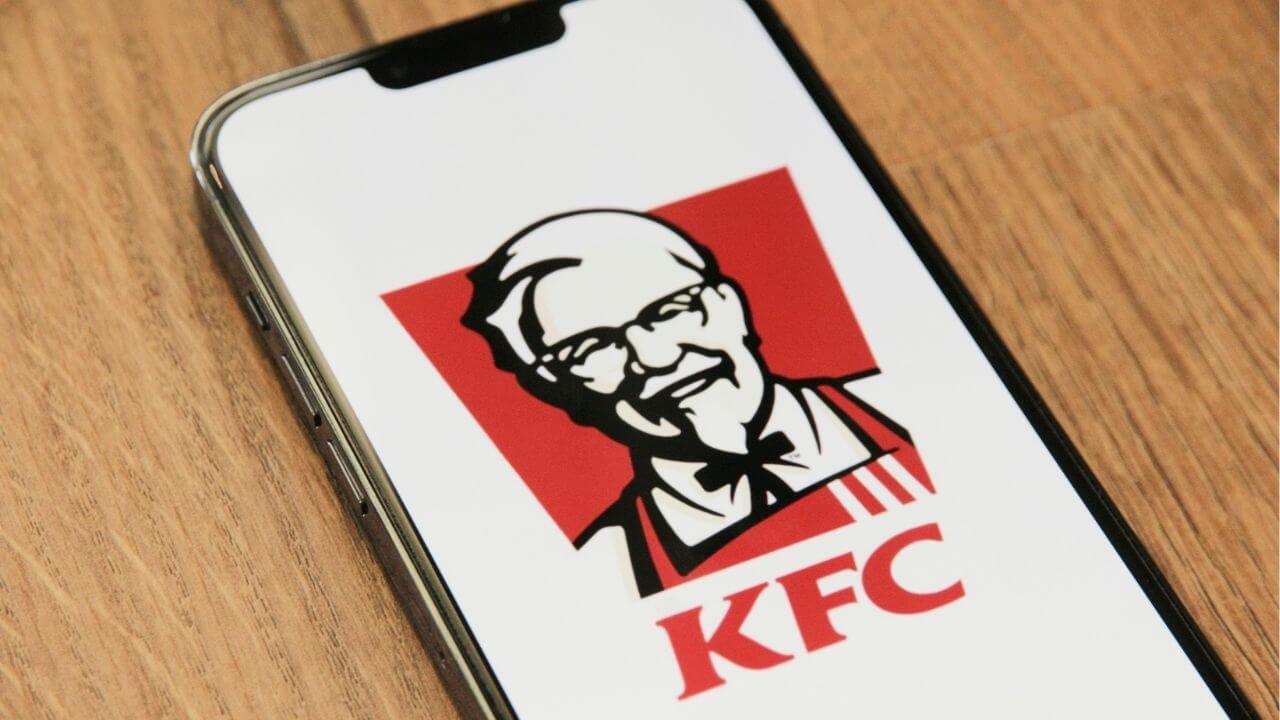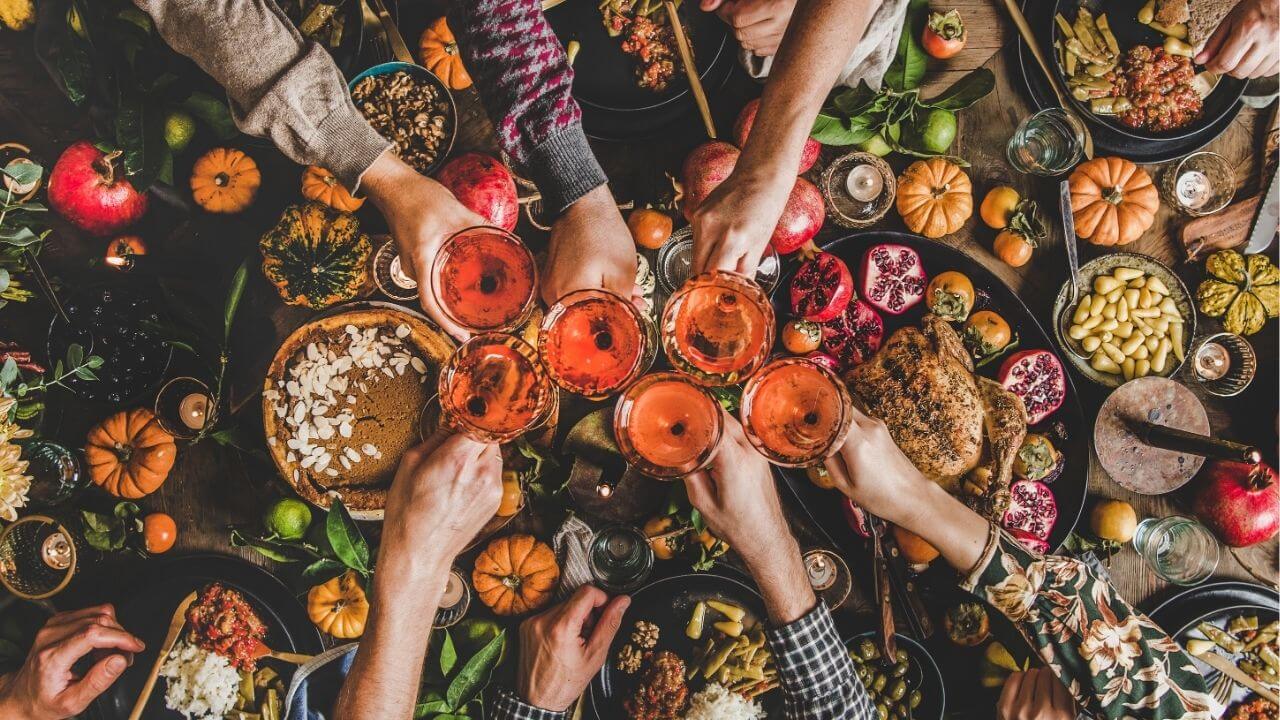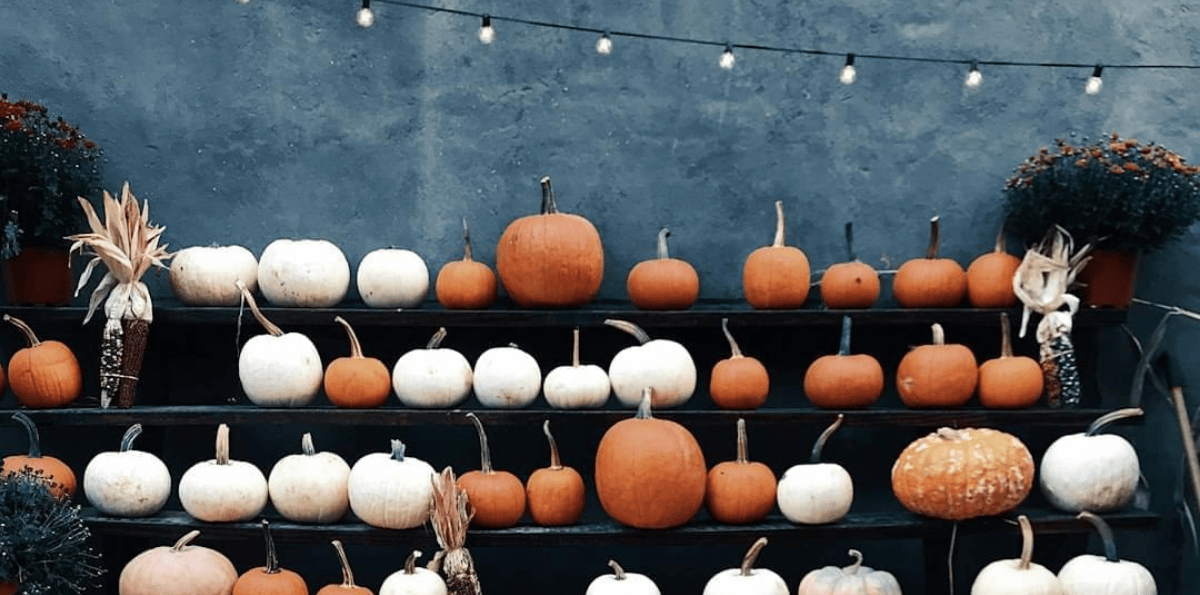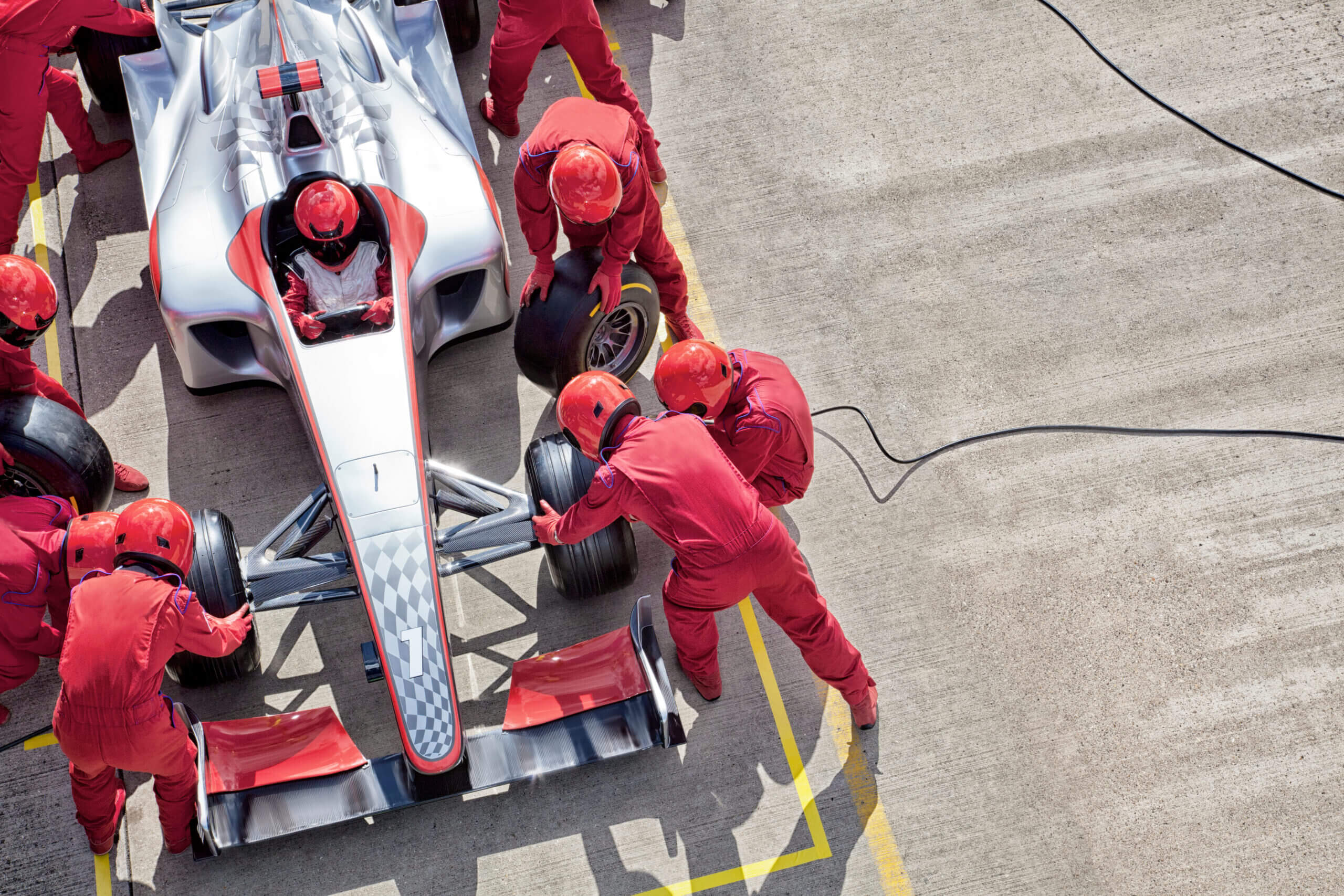Who’s party ready?
The survey reveals a split in how UK residents plan to experience the Notting Hill Carnival this year. Slightly over half of respondents said they would be involved with the celebrations, either by watching on TV or attending in-person. While the event holds cultural importance, not everyone is drawn to participate, potentially due to personal preferences, concerns about crowds, or possibly due to the myriad of other activities London offers during the busy summer bank holiday. 34% of respondents plan to watch the Carnival on TV or online, reflecting the growing trend of digital engagement with major events. While nothing beats the live experience of music, dancing, and palpable energy of the crowds, for many, watching the festival from the comfort of home is the preferred way to soak up the vibes.Music is the soul of life..
What are the biggest draws of the Notting Hill Carnival? The beauty of the festival comes from its diverse offerings, from the beats of Caribbean music to the eye-catching visuals of elaborate costumes and floats. But what truly excites the UK audience?- Music is the clear standout, with 32% of respondents citing it as the most exciting part of the Carnival. Notting Hill Carnival is synonymous with the infectious rhythms of reggae, soca, dancehall, calypso, and more.
- Costumes are the next most anticipated element, with 18% of respondents marking them as their top attraction. The Carnival’s spectacular displays of creativity and artistry are evident in the bright costumes that parade through the streets, representing cultural heritage.
- Food and drink come in at 9%. While a smaller percentage compared to music and costumes, the Carnival’s Caribbean food stalls serve as an integral part of the experience, offering festival-goers a taste of jerk chicken, curried goat, roti, patties, and more – a sensory connection to its cultural roots.
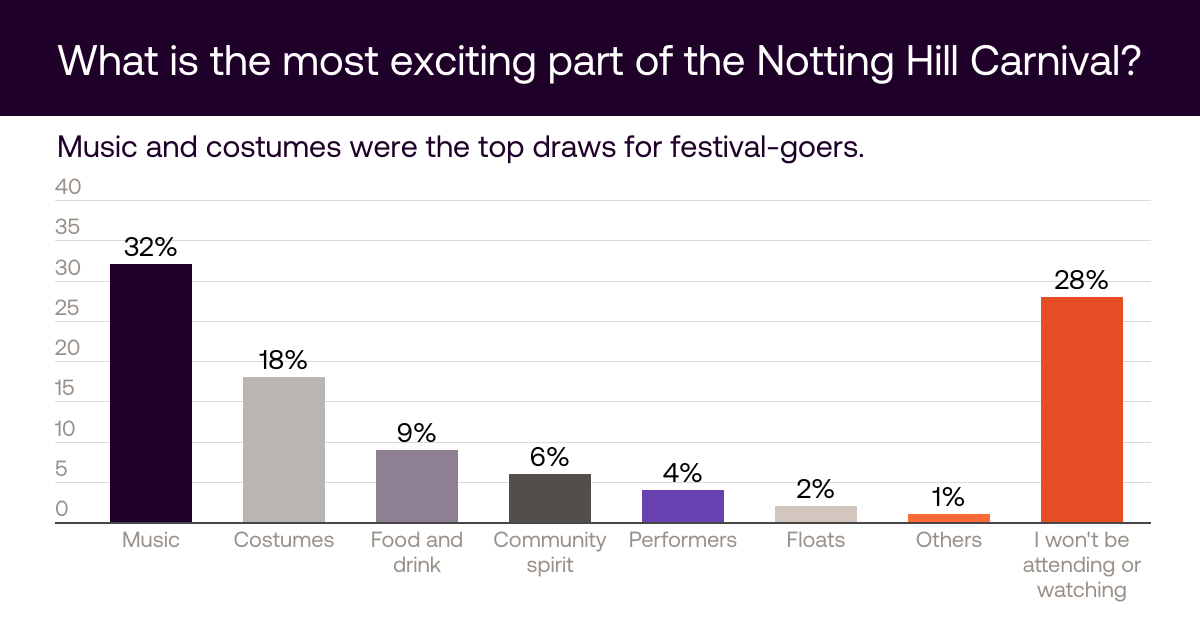
Our survey also looked at the most popular music genres:
- Reggae (33%)
- Calypso (17%)
- Afrobeat (12%)
- Dancehall (12%)
- Soca (3%)
- Other (3%)
- Not interested in any (20%)
Promoting diversity and inclusion
A heritage rooted in Caribbean culture, the Carnival has long served as a platform for showcasing the rich traditions, music, and art of marginalized communities in the UK. Our survey found that the vast majority of respondents recognize the significance of this cultural celebration in fostering diversity and inclusion.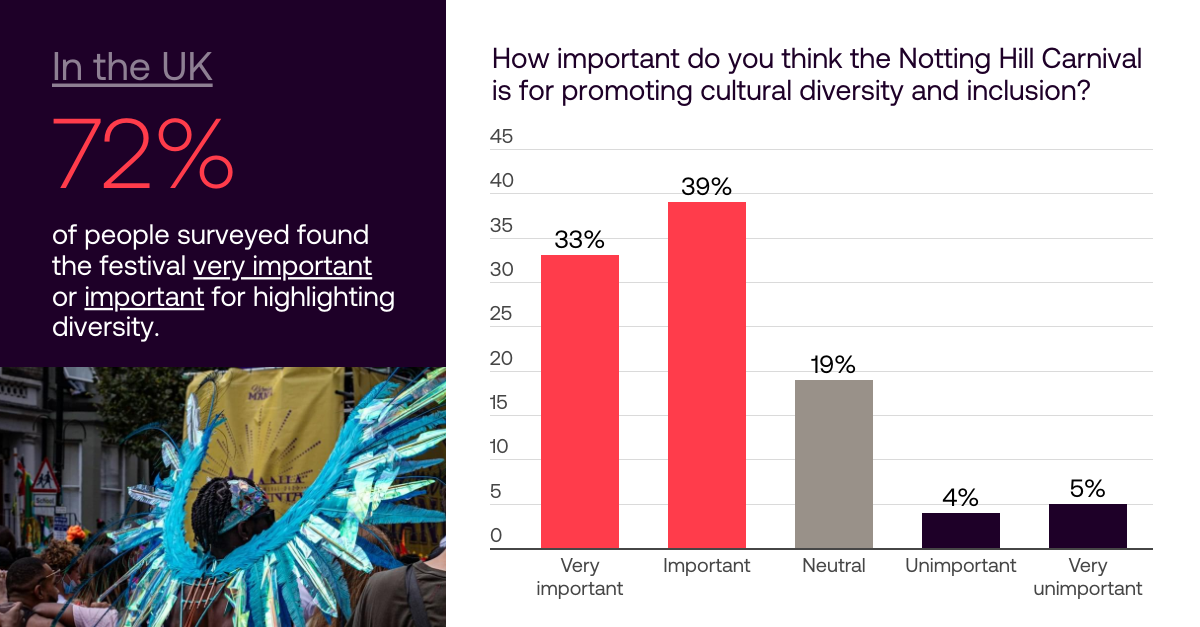 A strong 72% of respondents consider the Carnival to be very important or important in promoting cultural diversity. The Carnival’s ability to bring people together from all backgrounds to celebrate Caribbean heritage and multiculturalism is undoubtedly an invaluable pillar in creating an inclusive community, in a city as diverse as London.
A strong 72% of respondents consider the Carnival to be very important or important in promoting cultural diversity. The Carnival’s ability to bring people together from all backgrounds to celebrate Caribbean heritage and multiculturalism is undoubtedly an invaluable pillar in creating an inclusive community, in a city as diverse as London.
Importance of sustainability initiatives for festival-goers
Sustainability is increasingly becoming a priority at large-scale events, such as the Notting Hill Carnival. As global consciousness around environmental impact rises, festival-goers are more mindful of the ecological footprint left by large gatherings, including waste generation, plastic usage, and resource consumption. Our survey revealed a strong level of support for eco-friendly initiatives with an overwhelming majority of respondents (82%) fully supporting or supporting the introduction of more eco-friendly initiatives, such as using biodegradable materials or banning single-use plastics. Enjoying festivities now comes with an expectation from attendees that organizers are doing their part in contributing to a greener future. Efforts could include switching to compostable food containers, encouraging reusable water bottles, eliminating plastic straws, or providing recycling stations throughout the event.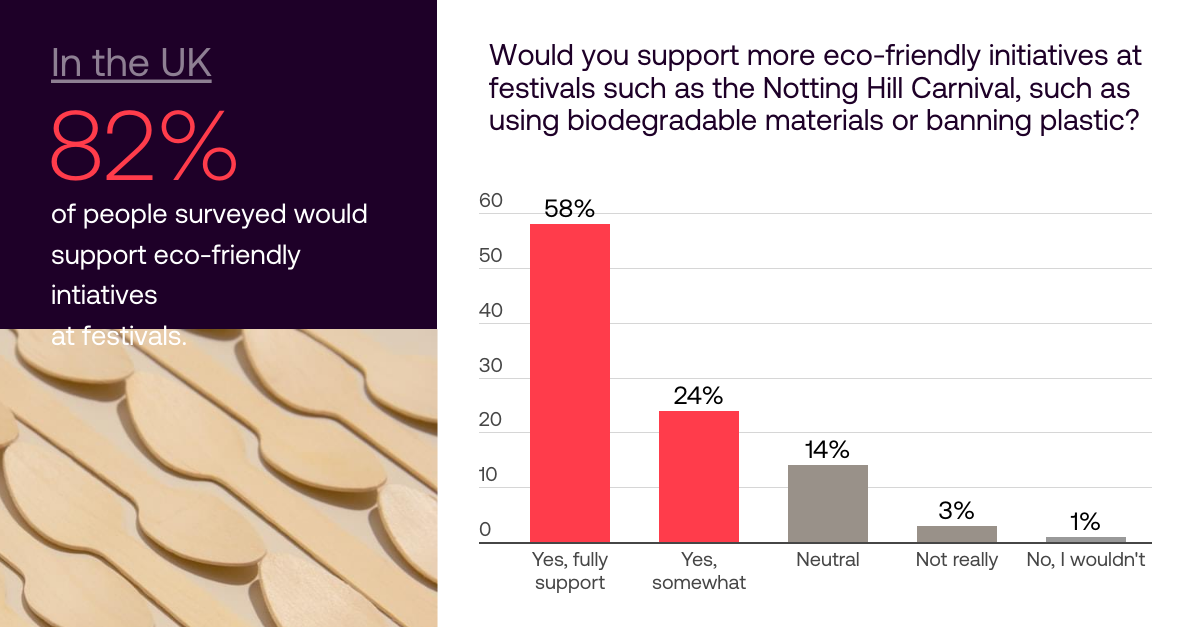 Organizers can look to capitalize on the strong public support for eco-friendly measures. By introducing initiatives such as waste reduction programs, renewable energy sources for sound systems, and the encouragement of sustainable travel options, the Carnival can not only preserve its cultural significance but also set a standard for environmental responsibility at large public events.
Sustainability, combined with the Carnival’s celebration of diversity, can ensure that this iconic event thrives and stays relevant and respectful to both people and the planet for the years ahead.
Will you be attending this year’s Notting Hill Carnival? How important do you think such events are for promoting cultural diversity and inclusivity? Join the conversation on our LinkedIn page.
Organizers can look to capitalize on the strong public support for eco-friendly measures. By introducing initiatives such as waste reduction programs, renewable energy sources for sound systems, and the encouragement of sustainable travel options, the Carnival can not only preserve its cultural significance but also set a standard for environmental responsibility at large public events.
Sustainability, combined with the Carnival’s celebration of diversity, can ensure that this iconic event thrives and stays relevant and respectful to both people and the planet for the years ahead.
Will you be attending this year’s Notting Hill Carnival? How important do you think such events are for promoting cultural diversity and inclusivity? Join the conversation on our LinkedIn page.
